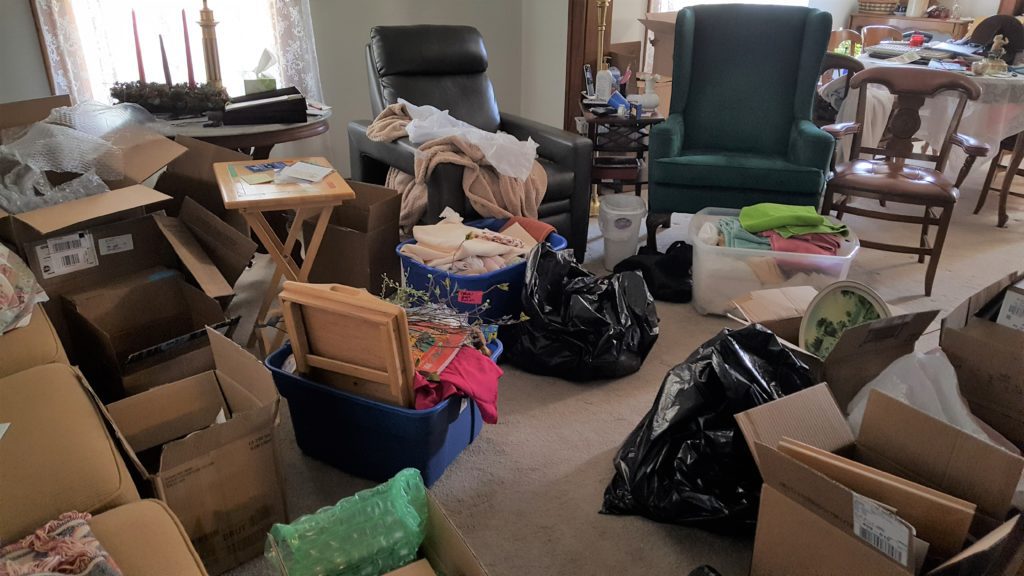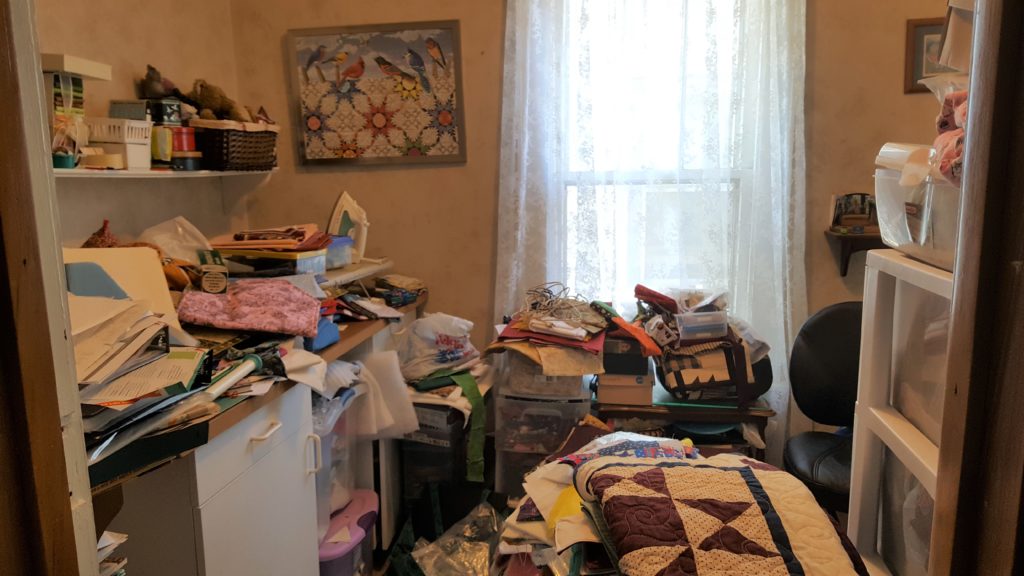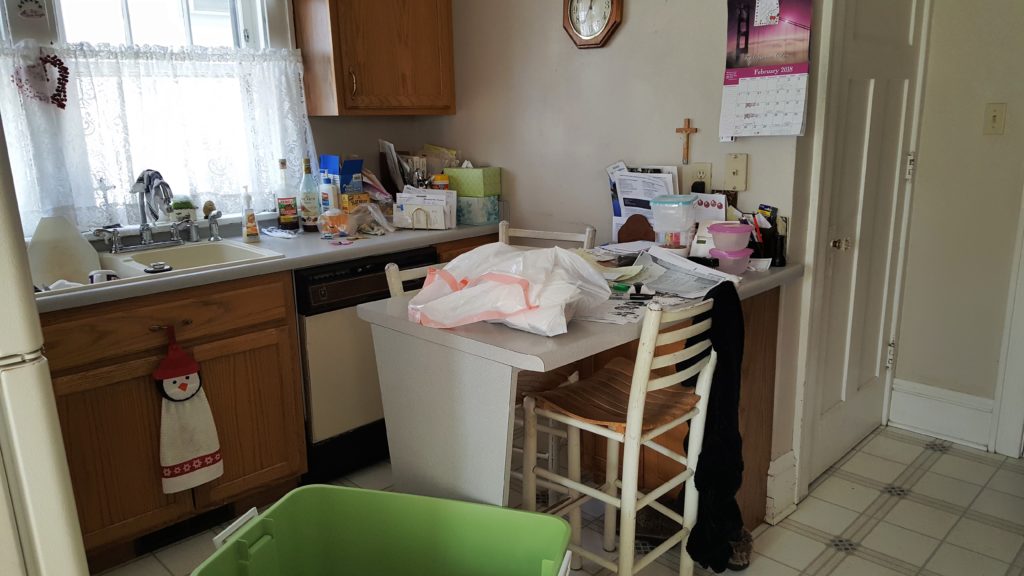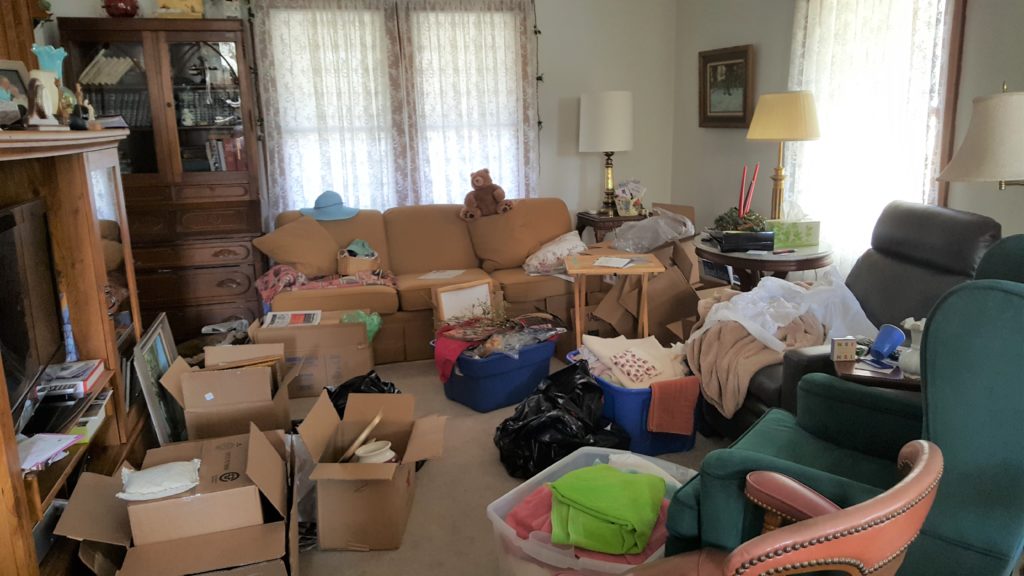Sale v. Auction
Average prices at an Estate Sale:
About 30% plus everything marked with too low a price will be sold.
About 50% will be sold at discounted prices.
About 20% will need to be disposed of or given away.
0% will be sold for more than it is marked.
Average prices at an Estate Auction:
100% of the personal property will be sold at the end of the day.
Some items will sell at unbelievable prices and some items will sell at discounted value
Everything will have sold for its fair market value that day.
By being open to the public, an auction ensures a wide range of bids, and sometimes items at auction can fetch surprisingly high prices. The bidders, in turn, create a free competitive market, determining on an individual basis how much they want to pay for an item, rather than having either under or over prices dictated by the seller.

Some people find themselves in the demanding position as an estate representative for a family member or friend. Usually, such a role is a thankless job and very demanding on your time, patience, and physical limits.
There must be a method to the madness in order to settle the estate. Here is one way to handle the disbursal of personal items:
- Have the significant heirs go through each room and tag items of interest to them.
- Every item has some value, whether sentimental or monetary. Thus, every item should have a “price”. Research the prices of certain valuable items such as antiques, china, figurines, art, or furniture. Other items could be priced as to what you might pay at a garage sale. You only have to do this for items the heirs are interested in.
- Have the heir interested in a valuable item pay 2/3 of the researched price. If another heir is also interested, each can bid until one drops out. For a sentimental item, one offers what they might pay at a yard sale.
- Tally up what each significant heir has “spent,” and deduct that amount from the final estate. Thus the heir without choosing items is on par with the heir who does choose items.
- The next step is to divide the rest of the belongings as to donate, consign, sell, or dispose of.
- Assign a room or a task to each person to make the job go quicker.
My assignment

Mother was a quilter who belonged to two different quilting groups. Each group had monthly assignments, which meant homework. Sometimes the group took a field trip to various quilting stores in the area, or to other cities where quilts were on exhibition. Mother never saw a fabric she didn’t like.
Only one person could accomplish clearing out this room because there was no room to move. I volunteered, which meant I could be in one spot for the entire day instead of going up and down stairs. Where does one start? It doesn’t matter where, just start. After five hours, the table top was cleared and two people could actually stand in this room. I think I need another five hours before I’m finished.
Sorting and Packing
Items of interest were tagged and prices settled upon. It wasn’t difficult for people to choose items. Some had just a few small boxes and some had a couple of furniture items. The process was quite smooth, actually.
The next step, shown above, is packaging and labeling items to be donated, consigned, sold, or disposed of. After that, cleaning and minor repairs will be done. Premiere Home Stagers will stage each room and eXp Realty, LLC will list the house. It will be the first time this house will be on the market in over 80 years.
Need Help?

While an auction might be a wonderful way to dispose of Mother’s belongings, there are few items that warrant this method. She was rich in the abundance of friendships and family members rather than anything considered valuable.
There are organizations that help seniors down-size and also conduct your estate sale. They might be your best option.
If you want more information, contact Premiere Home Stagers at 608-345-9396.

